World-leading researchers in Leeds, with expertise in systems design, engineering, applied health research and data science, are working with the city’s healthcare system to transform the quality of life for people who have multiple long-term health conditions.
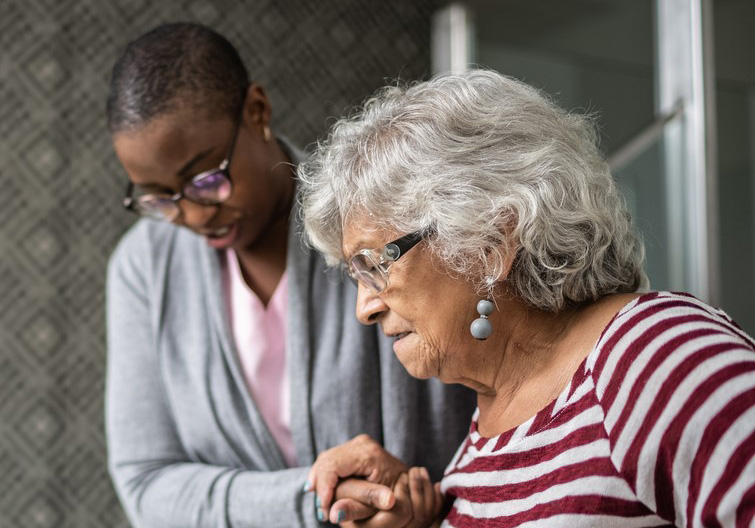
People from the most deprived areas of Leeds who are living with these long term physical and mental health conditions are contributing to this revolutionary research project to inform how health and care services could better meet their needs.
SEISMIC stands for: Systems Engineering Innovations Hub for Multiple Long-Term Conditions.
The work will design new and effective models of care, personalised to those people with the greatest needs, and will form the basis of a new innovation hub for health system transformation.
The hub would provide an ideal national test bed for health systems research and innovation as the diversity of Leeds’ populations reflects that of the UK.
This pioneering approach is creating a revolutionary, transferable model for longer term research collaborations between academic and healthcare partners that respond to city health needs.
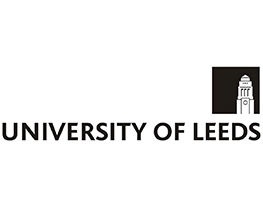
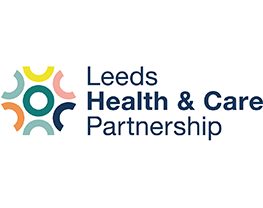

The project partners are the University of Leeds and Leeds Health and Care Partnership, with support from Leeds Academic Health Partnership, which is at the heart of Health Innovation Leeds. They are working with a wide range of stakeholders, including local people in this cohort who live in the most deprived areas of the city, to learn, redesign, test, evaluate and create an innovative new approach.
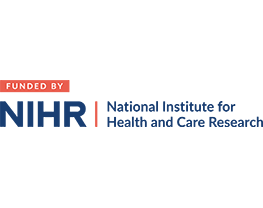
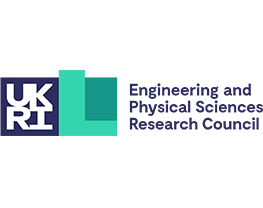
This project is funded by the National Institute for Health and Care Research (NIHR) and the UK Research and Innovation Engineering and Physical Sciences Research Council (EPSRC). Programme: Systems Engineering Innovation Hubs for Multiple long-term Conditions, Grant Reference NIHR158156.
The views expressed are those of the author(s) and not necessarily those of the NIHR or the Department of Health and Social Care
Unique factors positioning Leeds as the ideal place to transform care and quality of life for people living with multiple long-term health conditions.
1
A citywide Healthy Leeds Plan which includes multiple long-term conditions as one of its priorities.
2
A shared, cross-sector goal to reduce health inequalities.
3
A citywide, multi-disciplinary, population health management approach, which groups people according to their greatest health needs, one of which is multiple long-term conditions.
4
The Leeds Data Model: a national exemplar linking health and care data with other data sets, providing access to holistic insights for research.
5
World-leading academic expertise in systems design, engineering and applied health research, including a £40 million NIHR infrastructure.
6
A pioneering and collaborative approach to inclusive research, linking with the city’s large voluntary sector.
7
A population diversity which reflects that of the UK, meaning projects can start small, trial new ideas and scale fast.
8
A strong, established culture of cross-sector partnership working.
Multiple long-term health conditions affect around 14 million people in England, occurring 10 – 15 years earlier for people living in the poorest areas.
As well as significantly impacting these people’s quality of life, more and more people are living with multiple long-term conditions which is placing a huge demand on the NHS.
While prevalent in older people, multiple long-term health conditions affect people of all ages, especially those living in deprived areas and more so in the North of England.
In Leeds, nearly 180,000 people have two or more long-term health conditions. A quarter of these people live in parts of the city which are among the country’s most deprived areas1.
1Index of multiple deprivation level 1: https://data.cdrc.ac.uk/dataset/index-multiple-deprivation-imd
Amy Rebane
Sharanjit Boughan
Philip Conaghan
Sarah Kingsbury
Max Henderson
Alison McKay
Omar Huerta
Dan Trowsdale
Helen Hughes
Ruben Mujica-Mota
Marlous Hall
Own Johnson
Sarah Bronsdon
Kate Lodge
Lindsay McFarlane
David Edeson



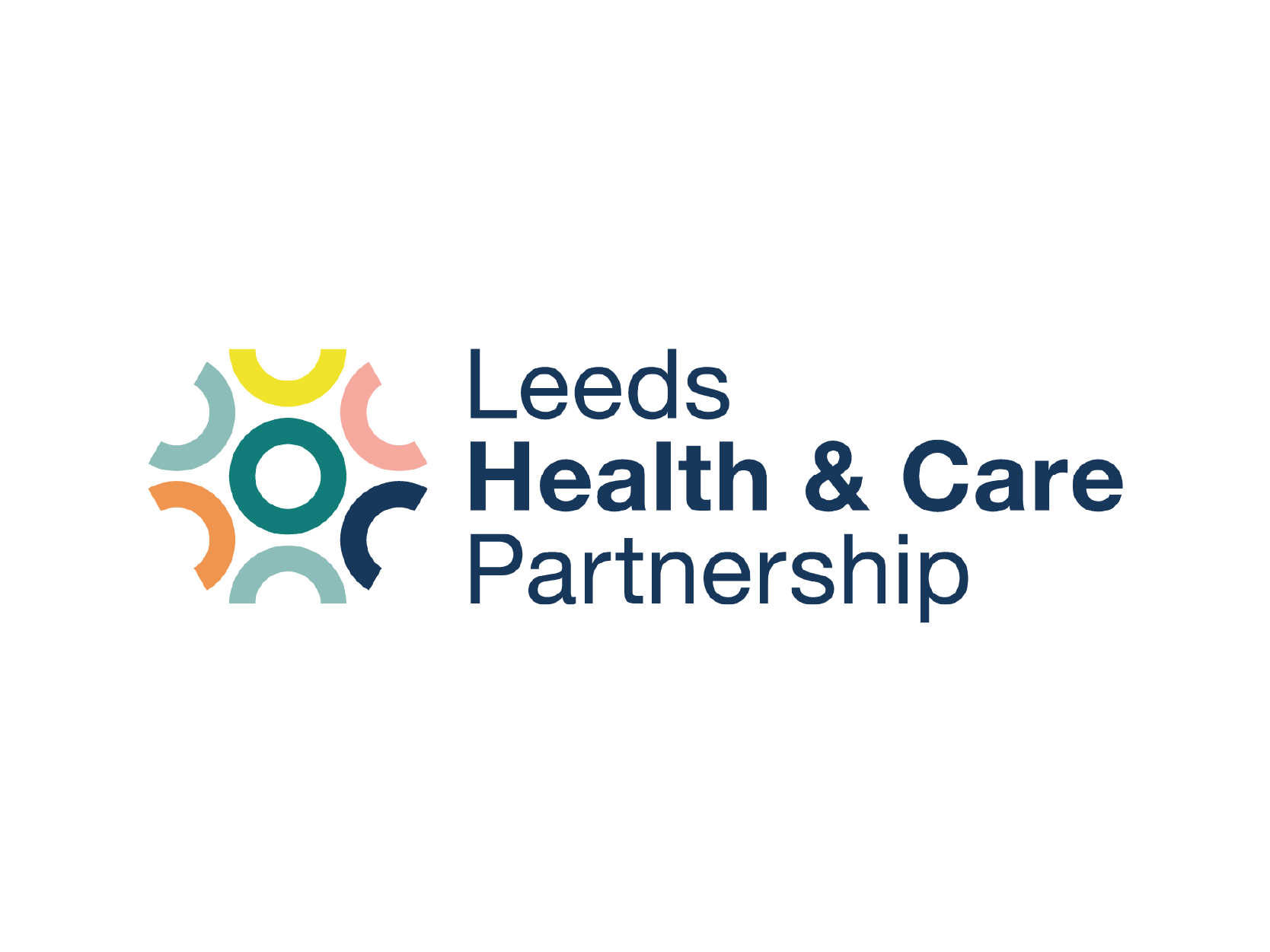

Understand current practice and improvement opportunities
What is happening now, who / which services are involved, what is the service-user experience and what could be changed to transform this?
Co-create goals for future solutions and prioritise improvement opportunities
Work with all stakeholders to agree a new approach. Understand and agree the practicalities involved for making the most needed changes across the healthcare system.
Explore feasibility of potential solutions
Test and evaluate our solution across all stakeholder experiences and system processes and, based on what we learn, design a final prototype.